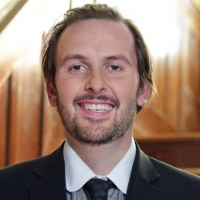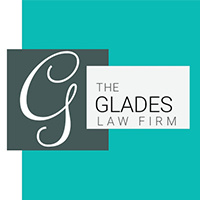Missouri Criminal Lawyer List
Adam Dowling
✓ VERIFIEDAdam’s practice at Eng & Woods Attorneys at Law includes extensive specializations in the area of criminal law. He represents felony and misdemeanor... (more)
Andrea M. Welch
✓ VERIFIEDAndrea Welch is the President of the Eastern Jackson County Bar Association (board member since 2001, member since 1999). She is also the President of... (more)
Andrew Dean Popplewell
✓ VERIFIEDAndrew Popplewell focuses his practice on DWI defense, general criminal defense, alcohol and drug offenses and traffic violations. Andrew grew up and ... (more)
Christopher M. Combs
✓ VERIFIEDAttorney Christopher Combs is the founder and partner of Combs Waterkotte in St. Louis, MO. A top-rated trial lawyer with more than seven years total ... (more)
Dan Romine
✓ VERIFIEDDan Romine is an attorney in Springfield, Missouri. His practice focuses on traffic tickets, DWIs, and general criminal defense. Mr. Romine is current... (more)
Eric Boehmer
✓ VERIFIEDEric Boehmer is an award winning attorney with the experience, confidence and knowledge to deal with the authorities when it comes to defending indivi... (more)
Mark R Bates
✓ VERIFIEDMark Bates has practiced law for over 30 years, primarily in Missouri and Illinois. He specializes in employment law and workers' compensation. Over... (more)
Phillip Alan Glades
✓ VERIFIEDOur experienced legal staff is dedicated to helping you with the following legal matters: Family Law Criminal Defense Personal Injury
Richard A. Gartner
✓ VERIFIEDRichard Gartner has been actively practicing law for the last 38 years, garnering the highest honors alongside countless trials in and around St. Char... (more)











